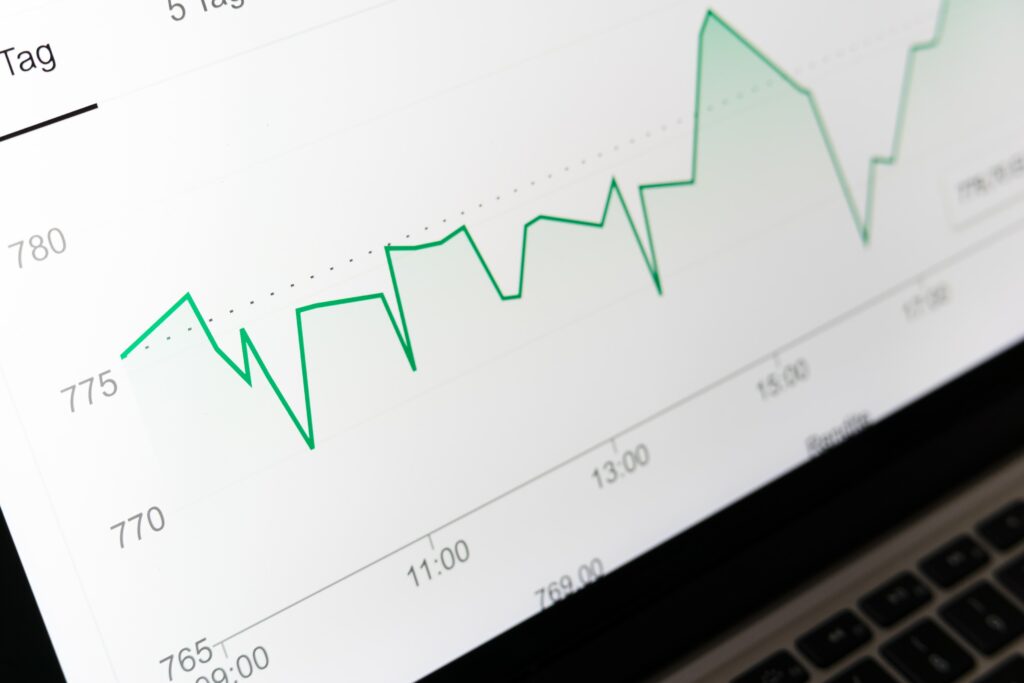Digital Zeitgeist – A Market Correction Is Expected To Cause Property Prices To Fall To The Largest Decrease Since The 2008 Financial Crisis
Economists have issued a warning that home values are about to see their most significant drop since the global financial crisis. Because of rising interest rates and the likelihood of an economic downturn, the markets appear to be headed for a “correction”.
UK house prices fell for a fourth month in a row, adding to concerns a deeper slump may now be underway.
More than two thirds of the economists polled anticipate that the value of homes would decrease by more than four percent in the year 2023.
The vast majority of those questioned expressed concern that the decline will approach double digits, which will result in the housing market experiencing its worst year since 2009.
Many homebuyers’ incomes are sliding farther behind the worst spell of inflation in the last four decades, which has resulted in affordability issues for many buyers as loan rates have skyrocketed and the cost of living has increased to its highest level in recent memory. The interest rates on mortgages are currently very close to where they were in 2008, when the housing market was in the midst of a 16-month bear market.
Sanjay Raja, Chief UK economist at Deutsche Bank said: “A double-digit price fall would not be surprising.
“If typical mortgage rates remain above five percent, together with an unprecedented squeeze on household incomes, it is hard to see how house prices can avoid taking a significant hit in 2023.”
The cost of borrowing money has gone up as a result of the current inflation rate of 10.7 percent, which is the most it has been in the last forty years.
The Bank of England estimates that homeowners will see an increase in their annual mortgage payments of almost £3,000 due to the current interest rate environment, which is the highest it has been since 2008.
The base interest rate was increased by the Bank of England nine times in the past year, bringing the benchmark up to 3.5%, which is also the highest it has been since 2008. Those who currently have a mortgage and seek to remortgage may find that their monthly payments are required to be doubled as a result.
However, household balance sheets seem to be in good shape, acting as protection from higher rates. This echoes similar comments from Bank of England Deputy Governor Jon Cunliffe, who said earlier this month that property owners could cope with declines in property values of as much as 20% without due distress.
Another analyst projected that the markets will see a “correction” to overpriced house prices after a period of ten years during which house prices increased.
According to Andrew Goodwin of Oxford Economics, housing prices are currently 30 percent overvalued based on several measures of affordability.
He added: “The number of forced sales should be limited by the high share of fixed-rate mortgages and low peak in unemployment, but a correction in prices looks likely.”
It is widely believed that the faltering economy of the United Kingdom will remain in a recession for the majority of this year, and plummeting home prices are just one of numerous dismal predictions for the economy.
According to the results of a study conducted by The Times, 82 percent of respondents anticipate that growth would be lower than zero percent this year and that the national GDP will decline by one percent.
According to the results of the study, it is believed that the rate of global growth would expand by between one and two percent.
“The UK lacks a credible growth plan and suffers from policy instability due to continuing weak and poor governance”, said John van Reenen from the London School of Economics.
After reaching a peak of 11.1 percent in the autumn of last year, the rate of inflation continues to provide a perplexing problem for economists, who are confused about how quickly and how far it will drop during 2023.
Over half of those who took part in the research predicted that inflation in consumer prices will be somewhere from 3.5 percent to 5.0 percent by the end of the year, while 40 percent of those who participated in the survey think inflation will remain over 5.5 percent.
Other responses to the research study addressed other issues that will be important in 2023. More than 40 percent of respondents expressed their belief that the United Kingdom and the European Union will finally iron out the hangovers of Brexit this year by resolving the disagreement regarding the Northern Ireland protocol.
online sources: db.com (deutsche bank), bankofengland.co.uk, oxfordeconomics.com

